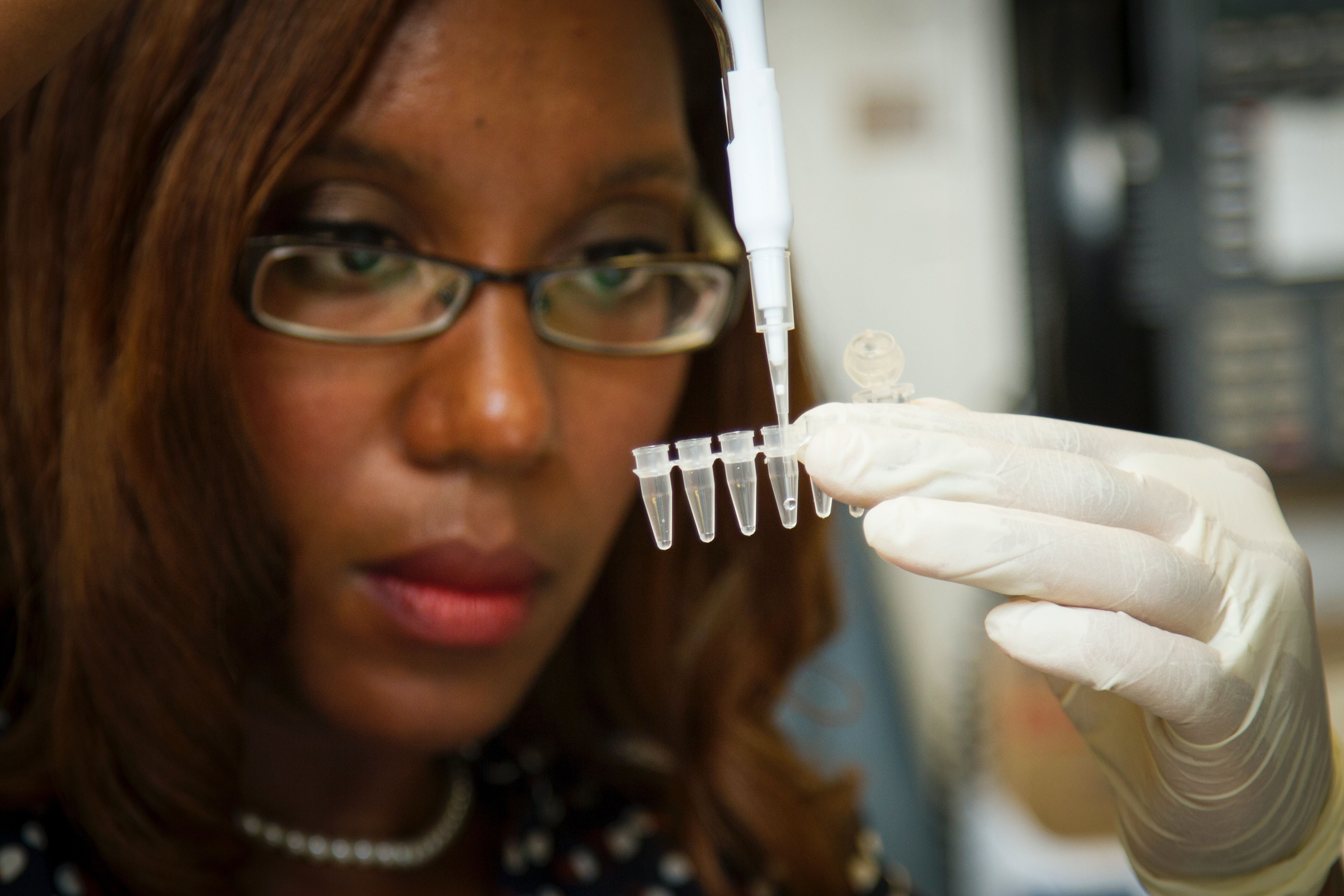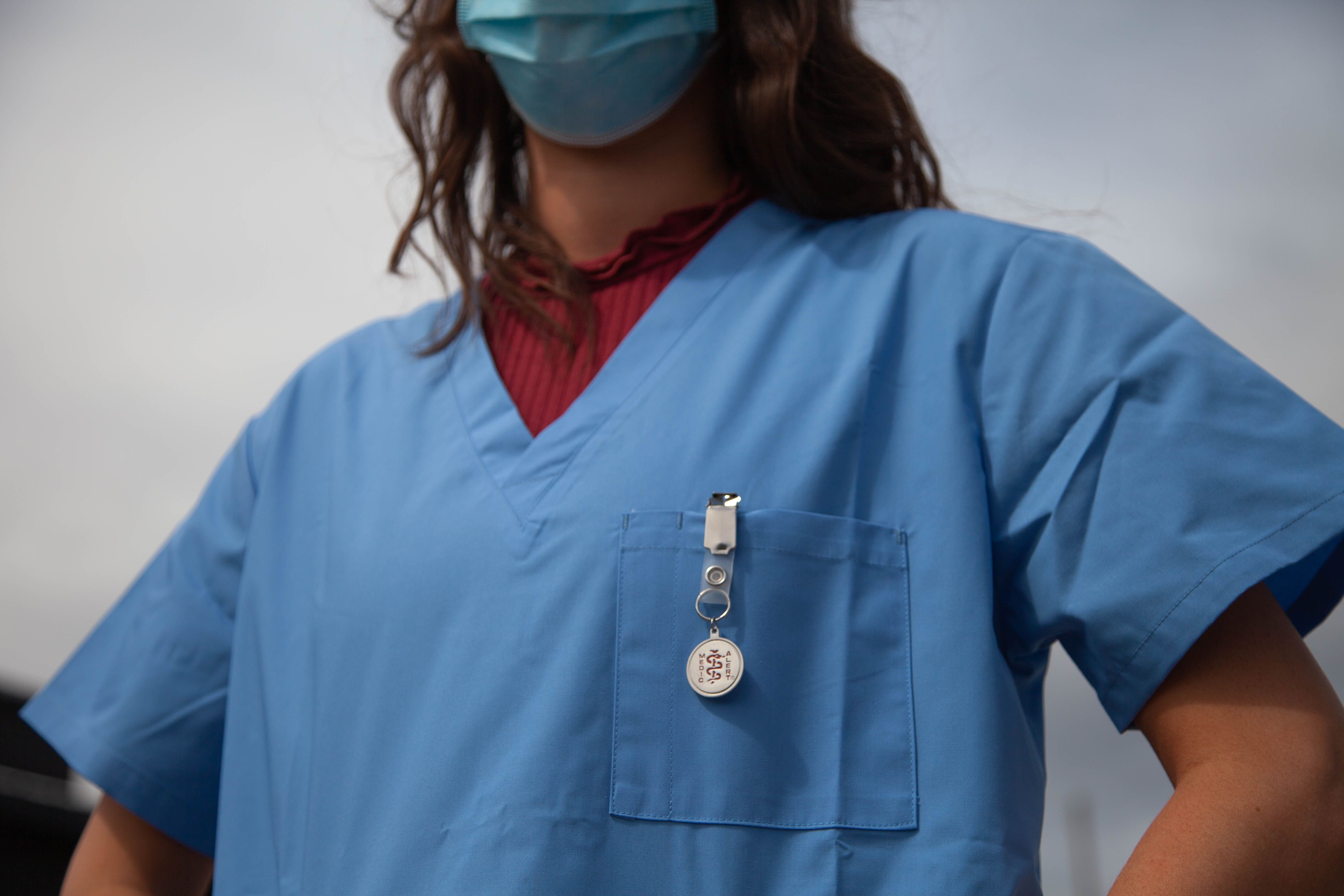The study of blood, which more widely known as haematology, is a unique specialty within the Faculty of Pathology at RCPI. It has equally important clinical and laboratory commitments. Currently there are 54 consultant haematologists and 22 specialist registrars in training working in Ireland.
Overview
The Royal College of Pathologists offers six Higher Specialist Training (HST) programmes in Pathology:
- Chemical Pathology
- Clinical Microbiology
- Haematology
- Histopathology
- Immunology
- Neuropathology
Read more about the six HST programmes in Pathology
On satisfactory completion of HST, you will receive a Certificate of Satisfactory Completion of Specialist Training (CSCST), which allows you to enter the Specialist Division of the Register with the Medical Council. This means you can apply for consultant posts.
Many doctors spend some time working abroad and building up their portfolio of research, audits and publications before becoming a consultant. However, you will have met the core requirement for consultant appointment, which is registration on the Specialist Division of the Register with the Medical Council.
What to Expect
Your first two years of HST will be spent in full-time SpR posts in Ireland. After that, you can continue to train in full-time posts in Ireland, or you can start a period of full-time research or develop a subspecialty interest.
You can apply for up to 12 months’ credit towards your Certificate of Satisfactory Completion of Specialist Training (CSCST) for research undertaken during HST.
During the annual allocation of SpR posts, we will endeavour to be as flexible as possible, within the confines of your specialty requirements, to allow you to develop a subspecialty interest.
Depending on your specialty, you will need to see a set number of complicated cases, attend a certain number of outpatient clinics, and demonstrate competence in certain processes and laboratory skills during HST.
In addition to supervised training in the hospital, you will attend a number of mandatory courses and study days designed to help you develop professionally and acquire the non-clinical skills and knowledge needed to provide excellent patient care.
You will also be required to pass the Fellowship of the Royal College of Pathologists (FRCPath) examination. The FRCPath examination assesses your knowledge of your specialty and your ability to apply that knowledge in practice. The exam is taken in two parts, with Part 1 usually taken after two years of training in your specialty.

Higher Specialist Training (HST)
Requirements
We offer six Higher Specialist Training (HST) programmes in Pathology:
- Chemical Pathology
- Clinical Microbiology
- Haematology
- Histopathology
- Immunology
- Neuropathology
Read more about our six HST programmes in Pathology
On satisfactory completion of HST, you will receive a Certificate of Satisfactory Completion of Specialist Training (CSCST), which allows you to enter the Specialist Division of the Register with the Medical Council. This means you can apply for consultant posts.
Many doctors spend some time working abroad and building up their portfolio of research, audits and publications before becoming a consultant. However, you will have met the core requirement for consultant appointment, which is registration on the Specialist Division of the Register with the Medical Council.
What to Expect
Your first two years of HST will be spent in full-time SpR posts in Ireland. After that, you can continue to train in full-time posts in Ireland, or you can start a period of full-time research or develop a subspecialty interest.
You can apply for up to 12 months’ credit towards your Certificate of Satisfactory Completion of Specialist Training (CSCST) for research undertaken during HST.
During the annual allocation of SpR posts, we will endeavour to be as flexible as possible, within the confines of your specialty requirements, to allow you to develop a subspecialty interest.
Depending on your specialty, you will need to see a set number of complicated cases, attend a certain number of outpatient clinics, and demonstrate competence in certain processes and laboratory skills during HST.
In addition to supervised training in the hospital, you will attend a number of mandatory courses and study days designed to help you develop professionally and acquire the non-clinical skills and knowledge needed to provide excellent patient care.
You will also be required to pass the Fellowship of the Royal College of Pathologists (FRCPath) examination. The FRCPath examination assesses your knowledge of your specialty and your ability to apply that knowledge in practice. The exam is taken in two parts, with Part 1 usually taken after two years of training in your specialty.
For further information about this exam please visit the Royal College of Pathologists website.



